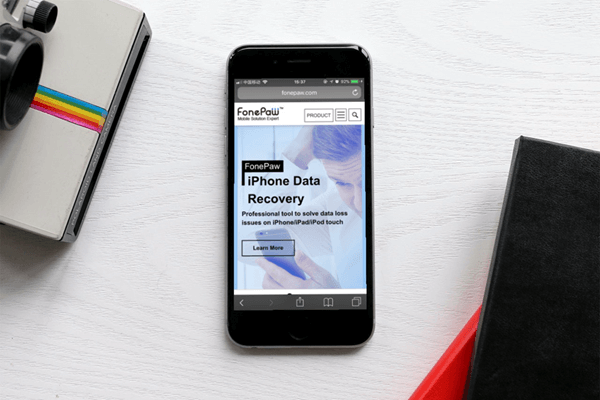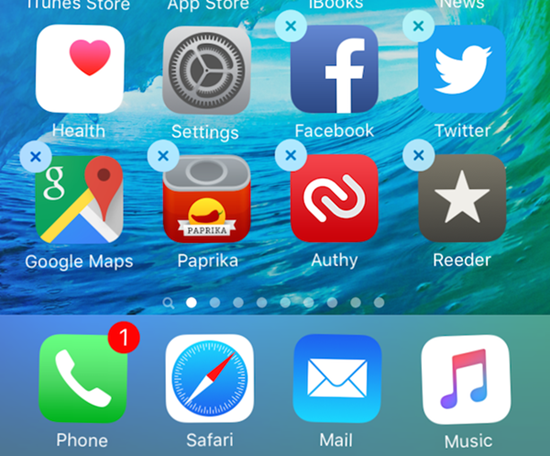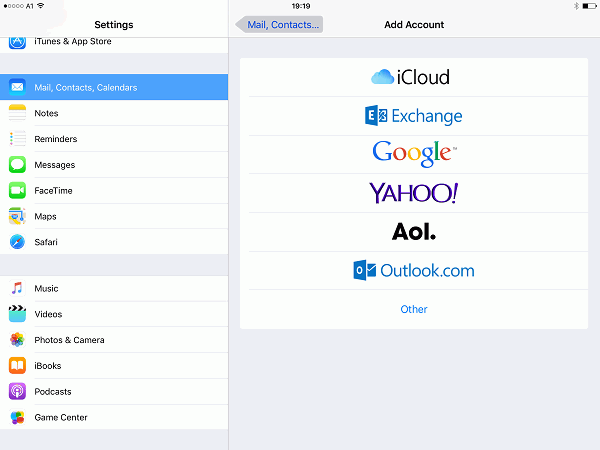Is Your Phone Spying On You?
The level of dependence we have on our phones is astronomical. In fact, it’s safe to say that almost everyone in the world owns at least one smartphone, and there isn’t a single day that we go through without interacting with it. This becomes more apparent when you factor in the COVID-19 pandemic. Due to stay-at-home orders, people have no other means of interacting with the outside world outside of their mobile devices, with chief among them being smartphones. This makes smartphones an easy source of user information for big companies. In fact, you only need to do a quick Google search for a particular product or service before ads start popping up on your social media feed.

This begins the question - is your phone spying on you?
Why Do These Ads Pop Up?
The reason why these ads seem so highly-targeted and specific is because of how companies send ads. Perception plays a big role in this; we may get served 20 ads, but we focus on the one that catches our attention while ignoring the other 19.
Companies have gathered a lot of data on us based on our browsing history, check-ins, recent purchases, and more. The ads we see are merely a result of behavioral evidence, and not because our smartphones are eavesdropping on our conversations. In essence, we actually give these companies the behavioral data they need in order to target us with specific ads.
What Data Is Being Monitored?
It’s difficult to pinpoint what data is and isn’t being monitored. In fact, it’s best to assume that all of your online activity is being tracked unless you have security measures like these lifetime virtual private network (VPN) accounts and anti-malware software. Data monitoring is not inherently bad; in fact, it’s a necessary measure that helps fight against crime.
How Do I Keep My Data Private?
Privacy hardliners would insist that we dispose of our smartphones, but we all know that’s not a reasonable response, especially considering that we need our smartphones to interact with the outside world during the pandemic. If you really want peace of mind, you might want to review the apps that have access to your phone’s microphone and revoke the access if they have it.

VPNs are quite effective at keeping your browsing data private. A regular malware scan is also a good way to detect and remove any spyware that your phone might have. Not only this, but it’s also important to exercise some vigilance. Be careful with the websites and apps that you visit or install. Use only official websites and apps.
It’s easy to see why so many people are distrustful of U.S. corporate giants. After all, nobody wants to be eavesdropped upon, but there are measures in place that draw the line between what type of data companies can and can’t collect. Even law enforcement elements need to secure a warrant before they are allowed to wiretap a phone legally.























